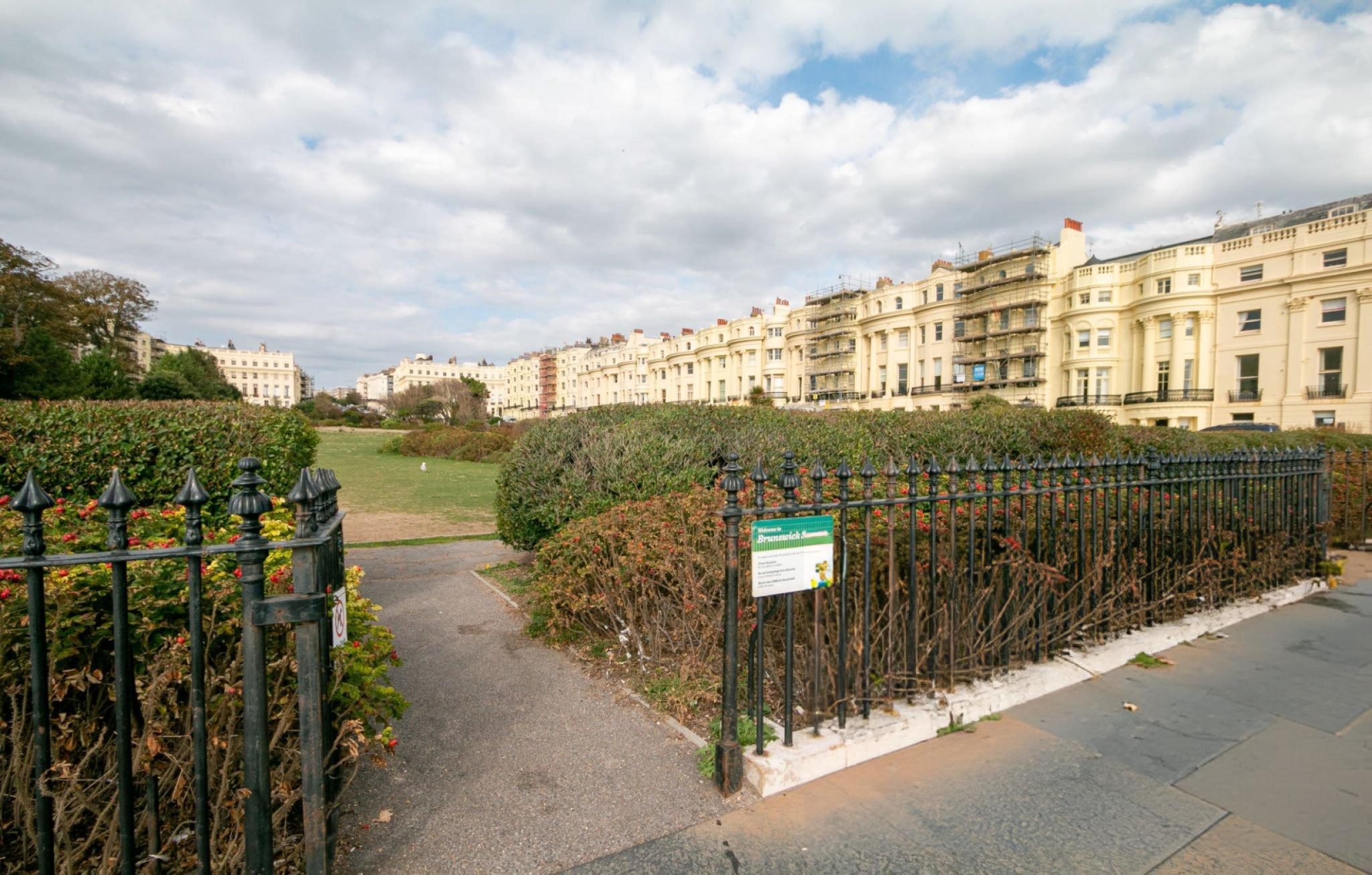Seven years ago, London spat me out. I never thought it could happen. I was born and bred there; London was in my blood. My ancestors have been Londoners for centuries. I used to think places outside the capital existed merely as staging areas until you found your way home. Even when I was married, the occasional visit to my in-laws in Harpenden felt like a journey to the fringes of civilisation. Why, I wondered, would anyone live there? Or St Albans, for that matter? It was baffling. London, after all, was the centre of the universe.
This is not an uncommon attitude for native Londoners. New York? Acceptable. Paris, with caveats. Venice, naturally. But anywhere outside London — and within Britain especially — was viewed with suspicion. I once heard the acronym FILTH — Failed In London? Try Hong Kong. That first part said it all. To leave London was to fail.
But then I met people — clever people, interesting people — who had moved away from London and liked it. One of my colleagues moved to Brighton and wouldn’t shut up about how “brilliant” it was. I assumed she was trying to convince herself. Brighton, to me, was for those who couldn’t hack the pressure. I was a writer; I believed I needed to be seen at every book launch and party — partly to remain visible, partly for the free, underwhelming wine.
For years, I clung on in a dodgy sublet near Baker Street, paying a ludicrously low rent. When the landlords finally cottoned on to the subletting arrangement and turfed me out, I was forced to face a horrifying truth: there was no way I could afford to stay in London.
Try as I might, the dream was over. Unless I fancied Croydon — and I don’t — or fancied finding out what on earth a Havering was, I had to leave. So I did. First, to a freezing cottage at the base of the Cairngorms, which turned out to be far more tolerable than I’d expected. Eventually, I rolled back down to Brighton. That was six years ago.
And do you know what? Brighton is actually brilliant.
I tell myself I can pop into London whenever I like. That the train journey is just an elongated Overground ride. But when I do visit, something feels off. Public transport signage confounds me. “Lioness”? “Mildmay”? What happened to Shoreditch High Street? Even the Elizabeth Line irks me — though I had similar misgivings about the name “Bakerloo”, and that turned out alright.
More jarring than the names are the changes. There’s now a shortcut from the Elizabeth Line straight into Dean Street — progress, yes. But Soho? Half gone. To wander through my former stomping grounds and feel lost — genuinely, like a tourist — is a surreal, disconcerting experience.
So am I still a Londoner? I find myself qualifying statements: “Well, I was born in London…” As though being from there is no longer a mark of identity, but a shameful confession. I used to take my kids to the top of Parliament Hill, point across the city, and declare, “All this is yours.” But what if it isn’t? What if it’s no longer affordable? No longer ours?
London was once home. Now, it’s a memory wrapped in oyster cards and dusty bookshelves. I love it, still — in the same way one might love an old flame — but Brighton, I must admit, is gentler. It doesn’t chew you up in quite the same way. And the wine is probably the same quality.
So yes, I still roll my eyes when I’m back in the city. But they’re the fond, bemused eye-rolls of someone who’s finally made peace with the idea that there is, in fact, life after London.






